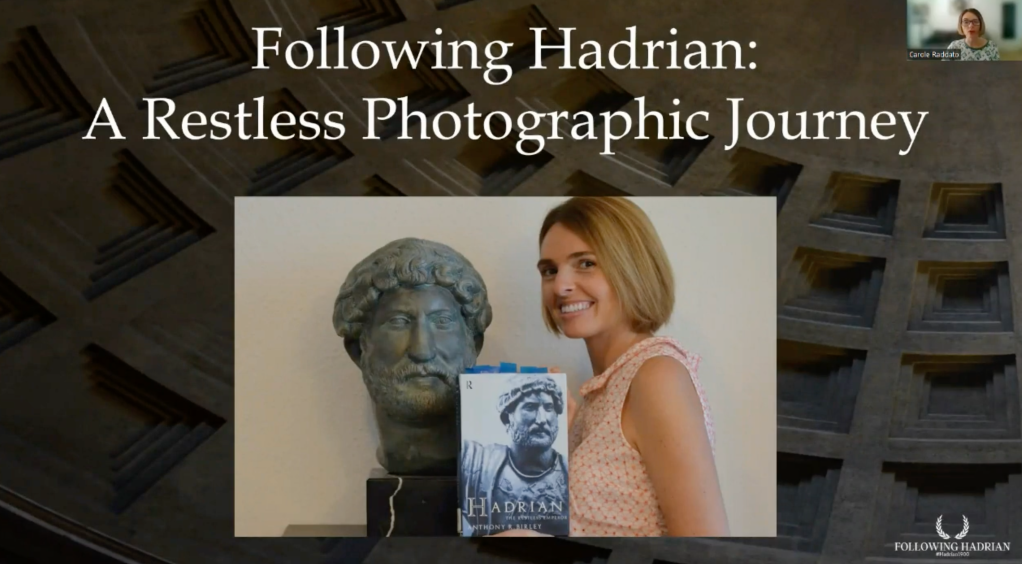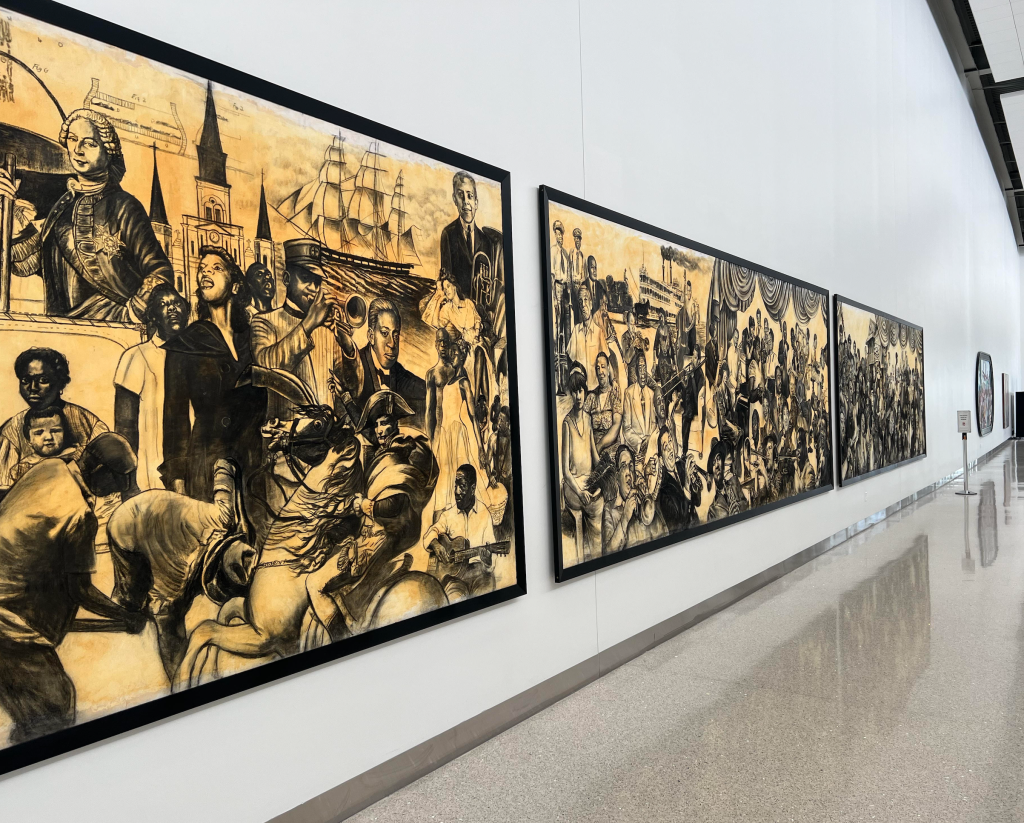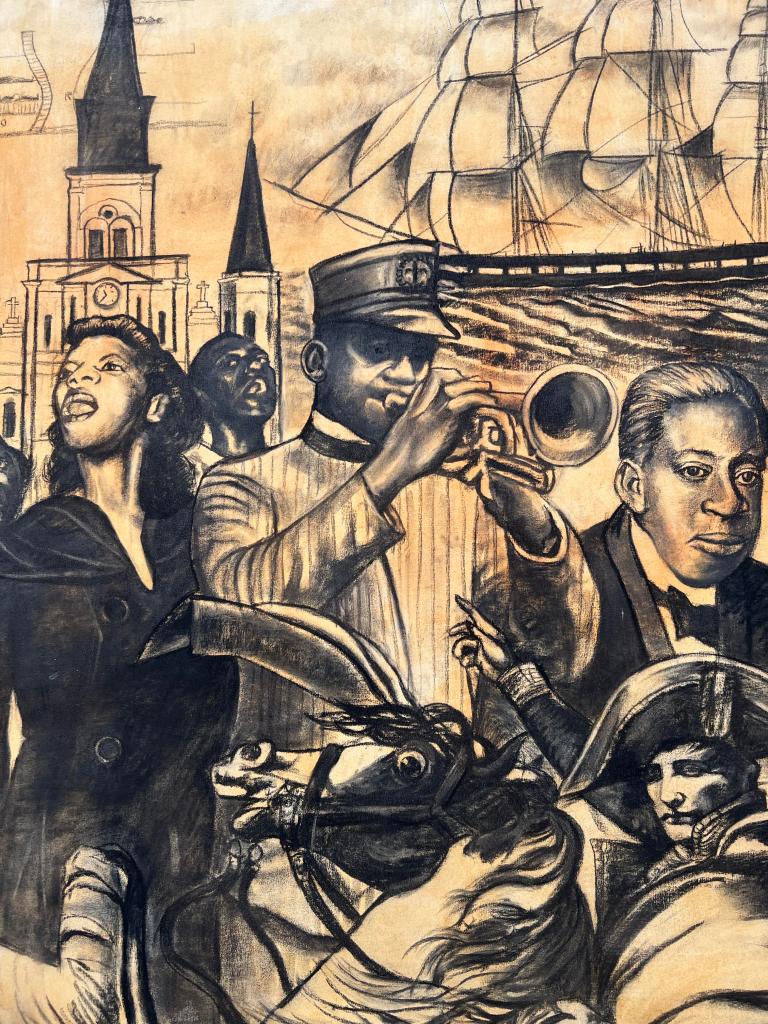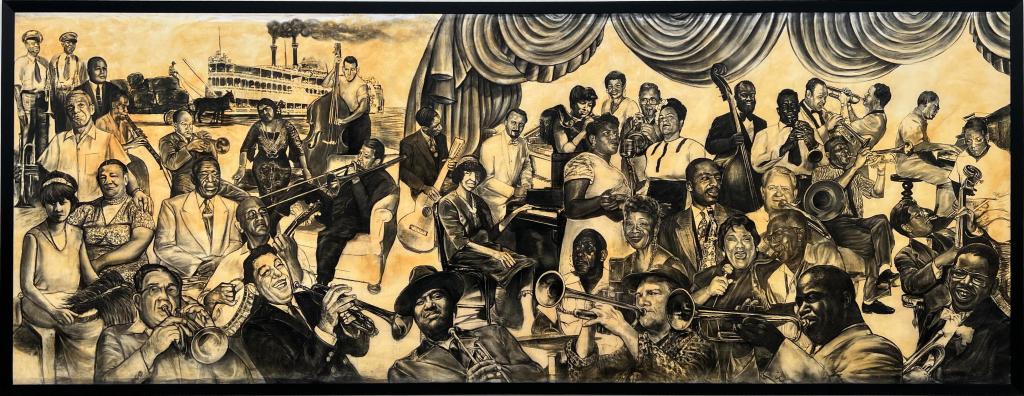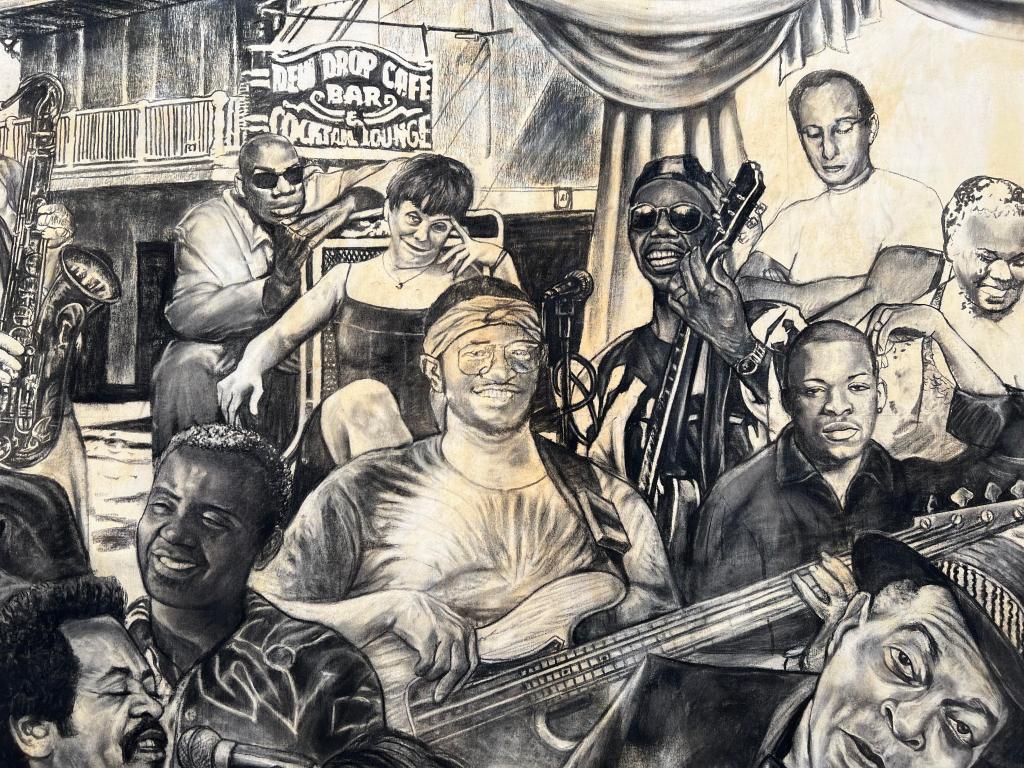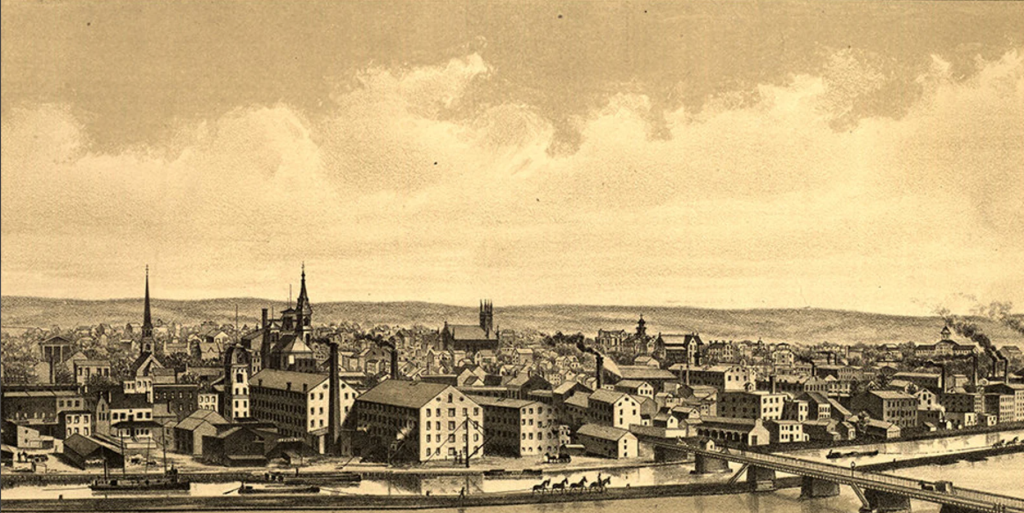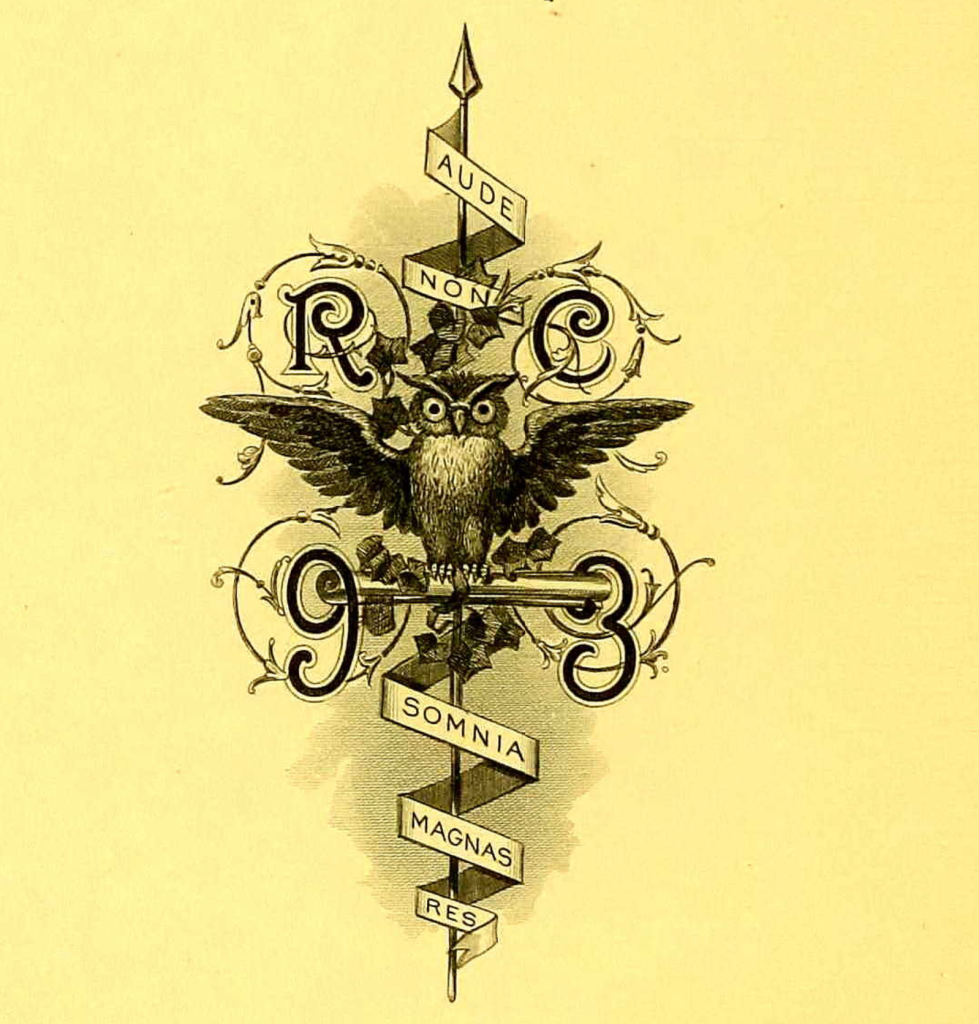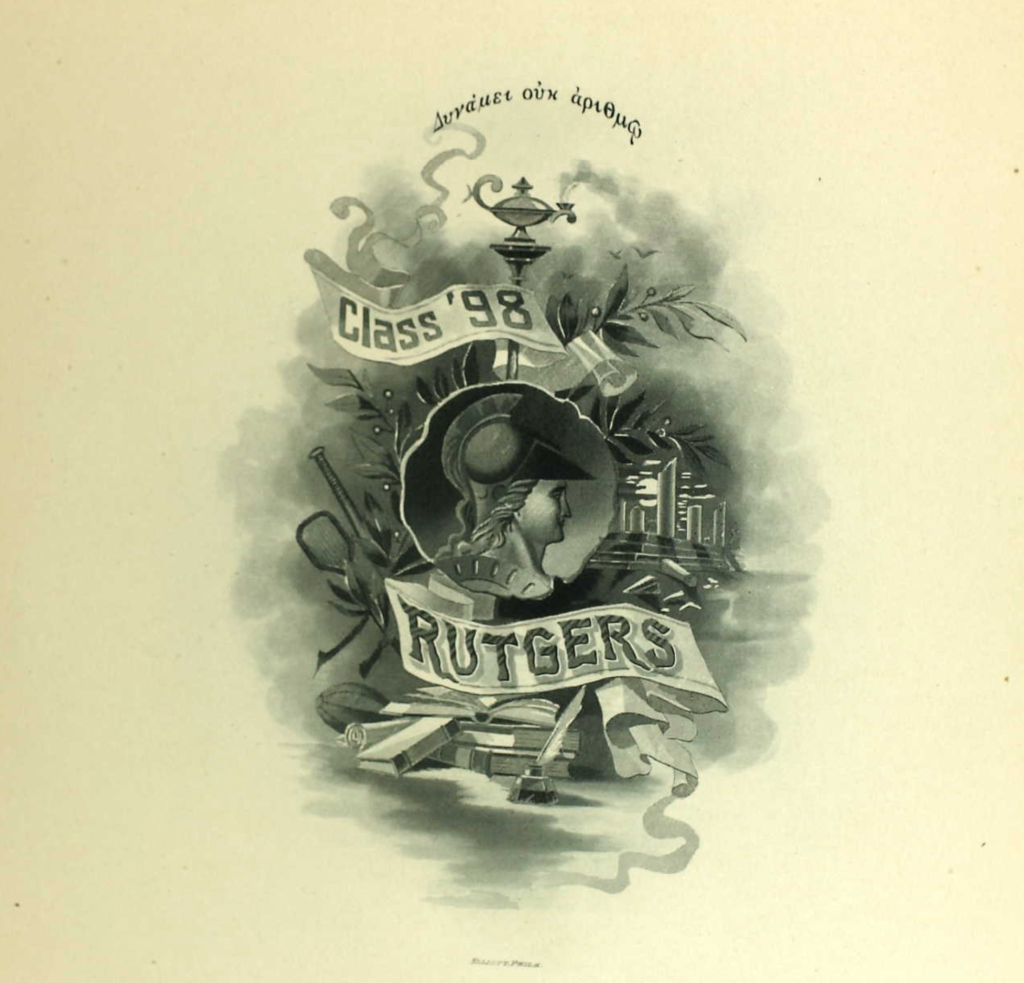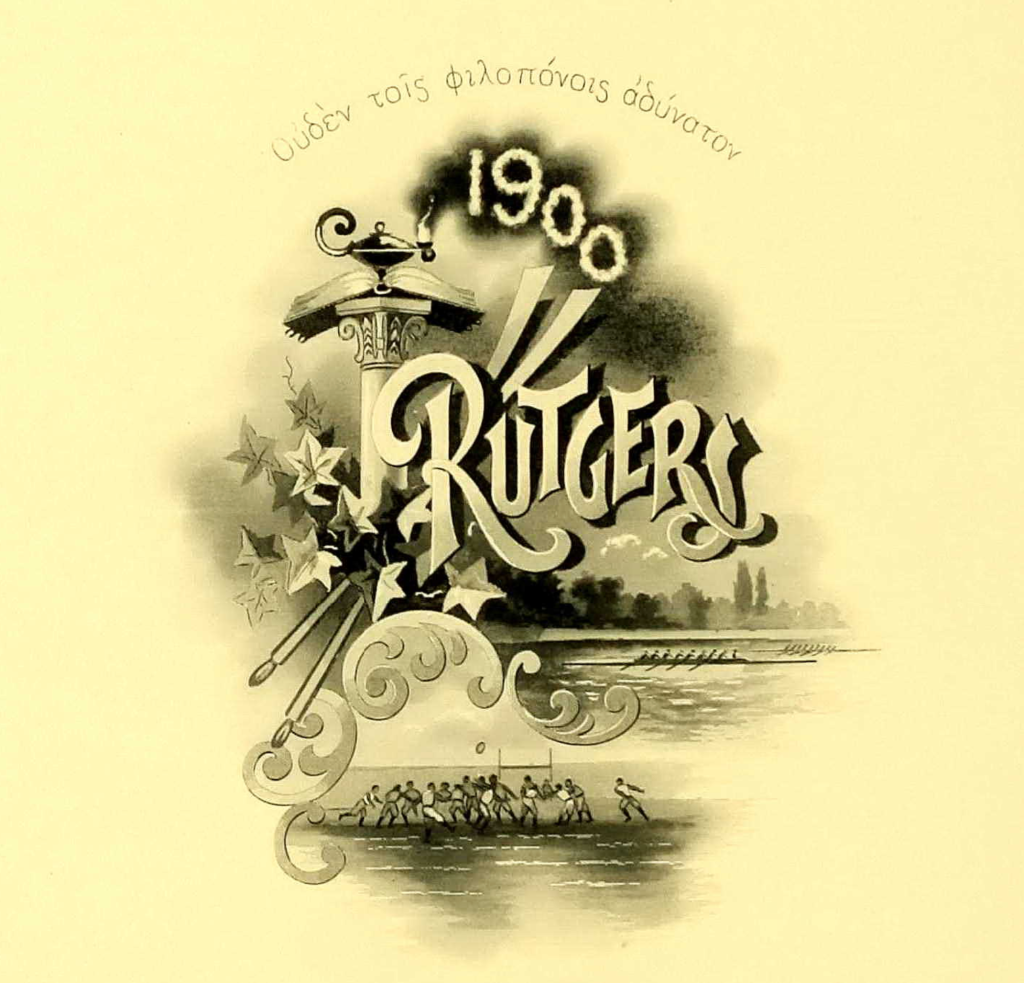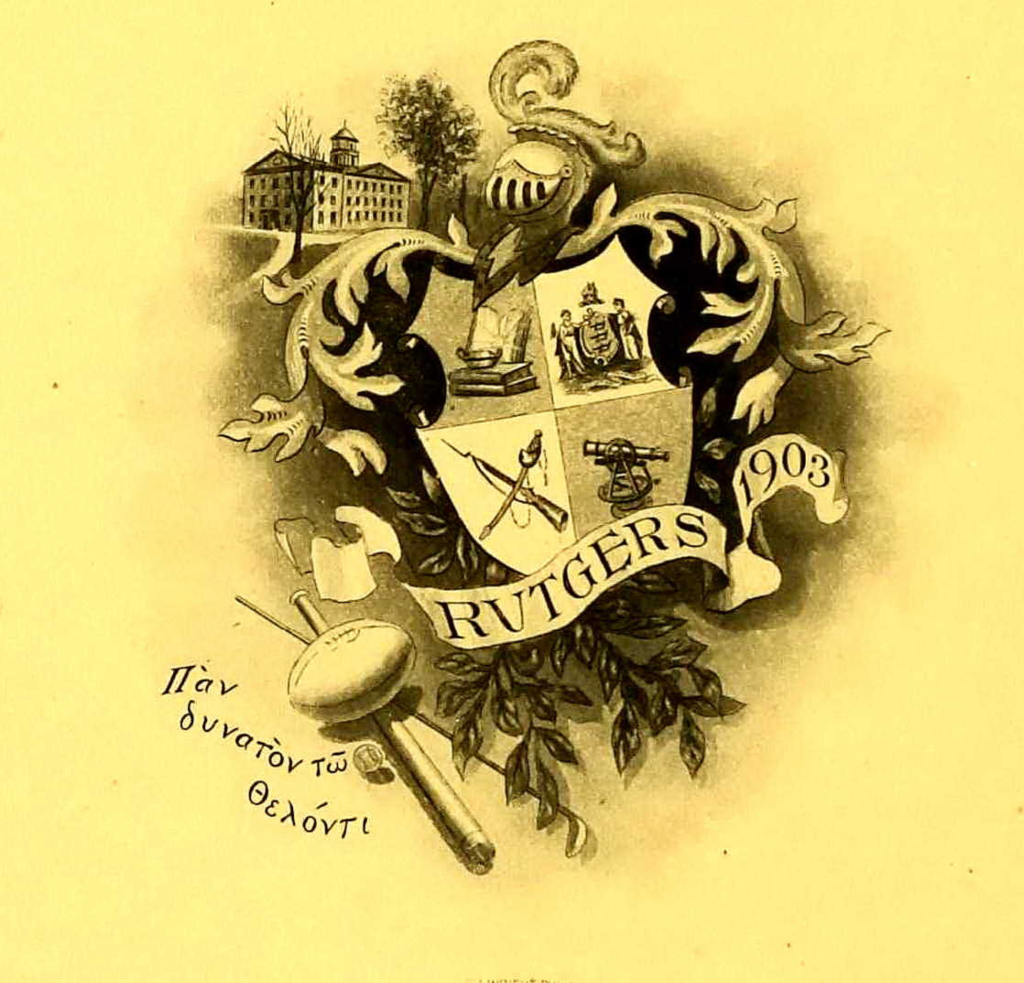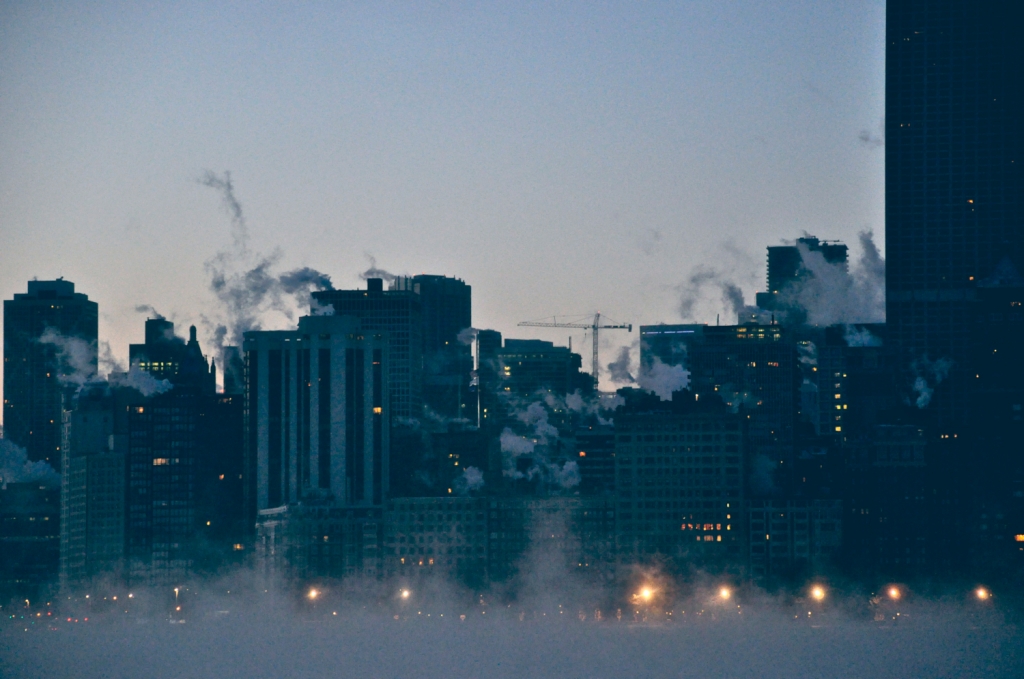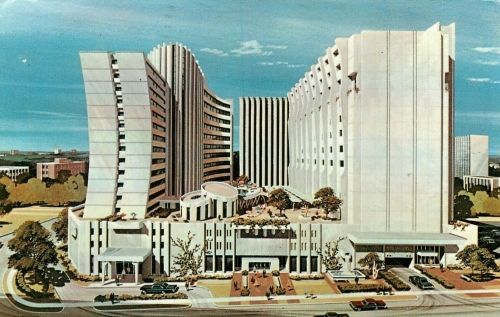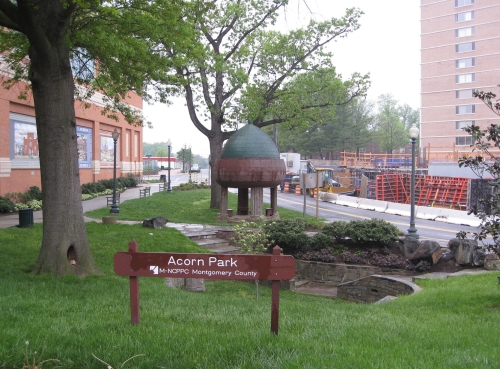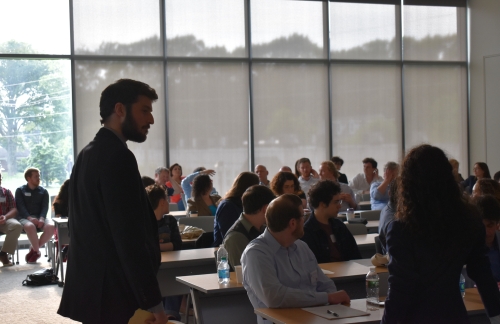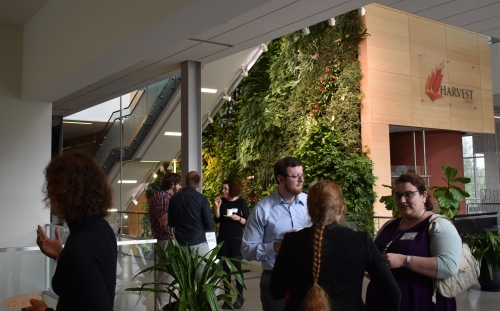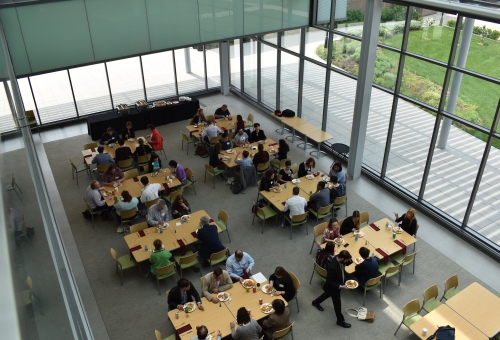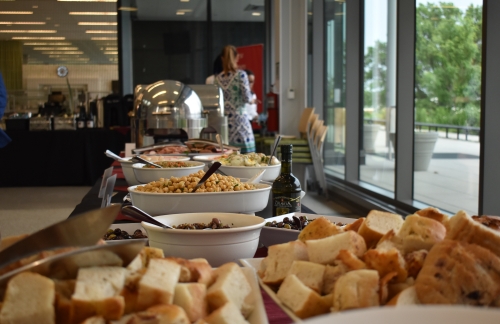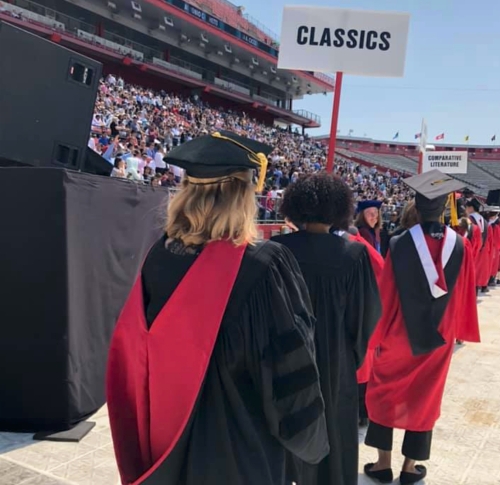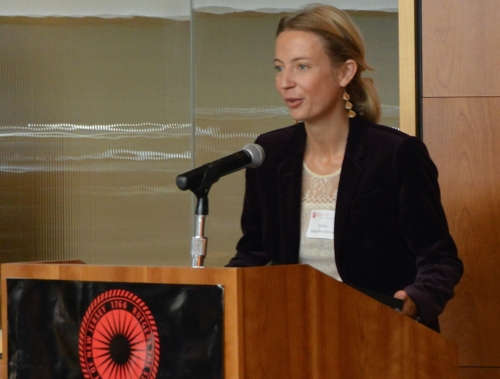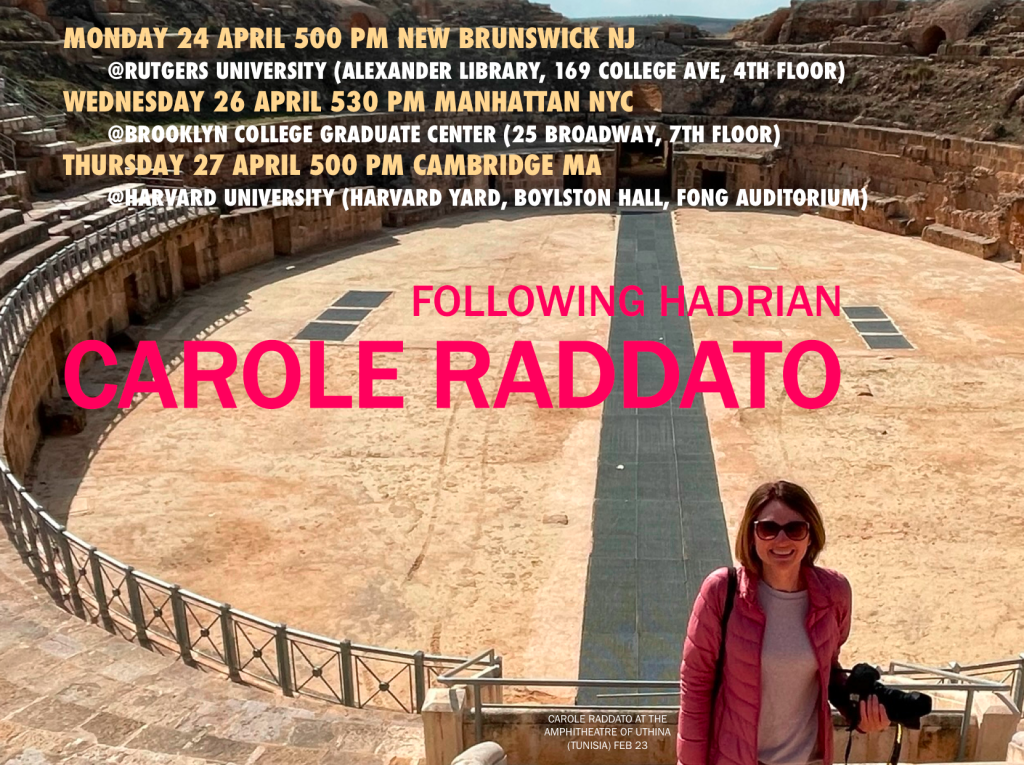
The world’s premier photographer of classical antiquity offers three lectures—her first in North America—on how she has planned, researched and is now realizing a 21-year project to document the wide-ranging journeys of the restless Roman emperor Hadrian (reigned 117-138), following in his footsteps precisely 1900 years later.
MONDAY 24 APRIL 500 PM NEW BRUNSWICK NJ
@RUTGERS UNIVERSITY (ALEXANDER LIBRARY, 169 COLLEGE AVE, 4TH FLOOR)
WEDNESDAY 26 APRIL 530 PM MANHATTAN NYC
@BROOKLYN COLLEGE GRADUATE CENTER (25 BROADWAY, 7TH FLOOR) RSVP form for this NYC event (required) https://www.paideiainstitute.org/carole_raddato
THURSDAY 27 APRIL 500 PM CAMBRIDGE MA
@HARVARD UNIVERSITY (HARVARD YARD, BOYLSTON HALL, FONG AUDITORIUM) https://classics.fas.harvard.edu/boston-area-classics-calendar?trumbaEmbed=view%3Devent%26eventid%3D165234447
With the collaboration of the Department of Classics, Rutgers University; Department of Classics, Brooklyn College; CUNY Greek/Latin Institute; Paideia Institute; Department of the Classics, Harvard University; Archaeological Institute of America (Boston Chapter); and the Library of the American Academy in Rome.
For “Surviving Spectacles”, a virtual exhibition of Carole Raddato’s work (focused on remnants of Roman spaces for entertainment), curated by Jacqueline Giz (Rutgers ’23 / MA cand. ’24), see here: https://following-hadrian.libraries.rutgers.edu
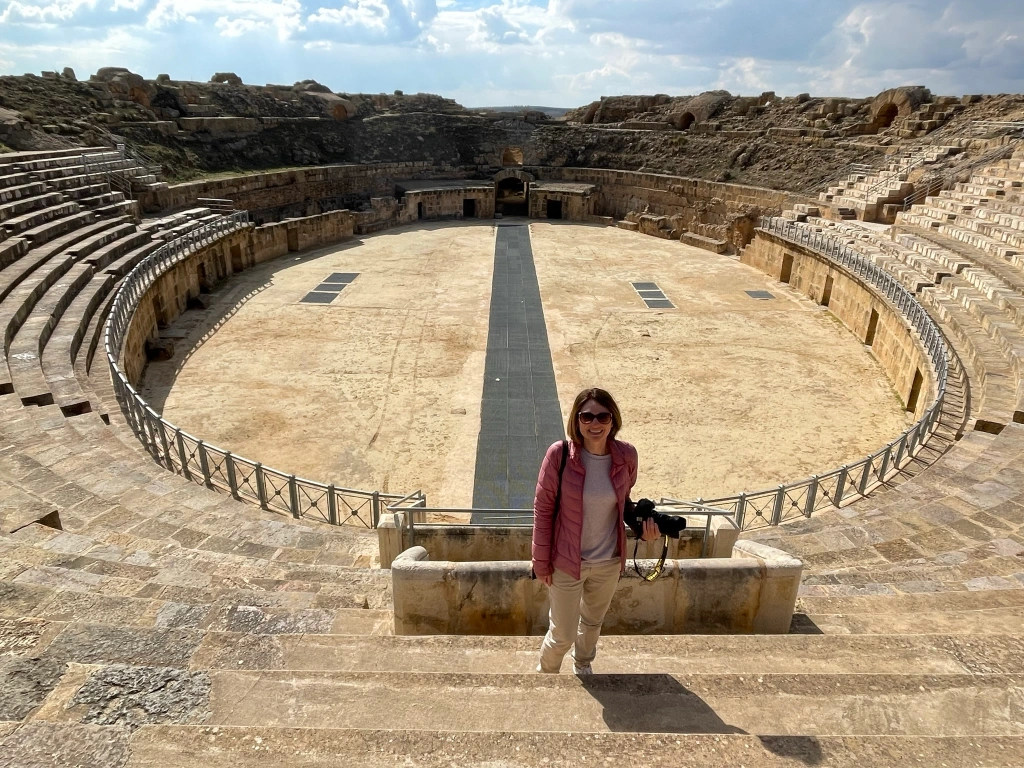
Carole Raddato at the amphitheatre in Uthina (Tunisia), February 2023
ABOUT CAROLE RADDATO….
A native of France, resident in Germany (Frankfurt am Main), and employed in the UK music industry, in 2012 Raddato started her Following Hadrian blog to tell the stories behind her photographs: .
Self-trained as a photographer and ancient history writer, she has built up an enormous worldwide following, especially on Twitter (62,000+ followers @CaroleMadge).
The quality of Carole Raddato’s images of both sites and artifacts is more often than not the best available anywhere. Strikingly, she has made all her images free for use under the Creative Commons / Attribution-ShareAlike license. Her photographs have found their way now into hundreds of academic books.
Carole has also published a steady stream of illustrated essays for Ancient History Magazine and articles for the online Ancient History Encyclopedia, as well as Antigone Journal. In November 2019 Carole Raddato also made a major and wholly original discovery in Roman portraiture concerning Rome’s Ludovisi collection.
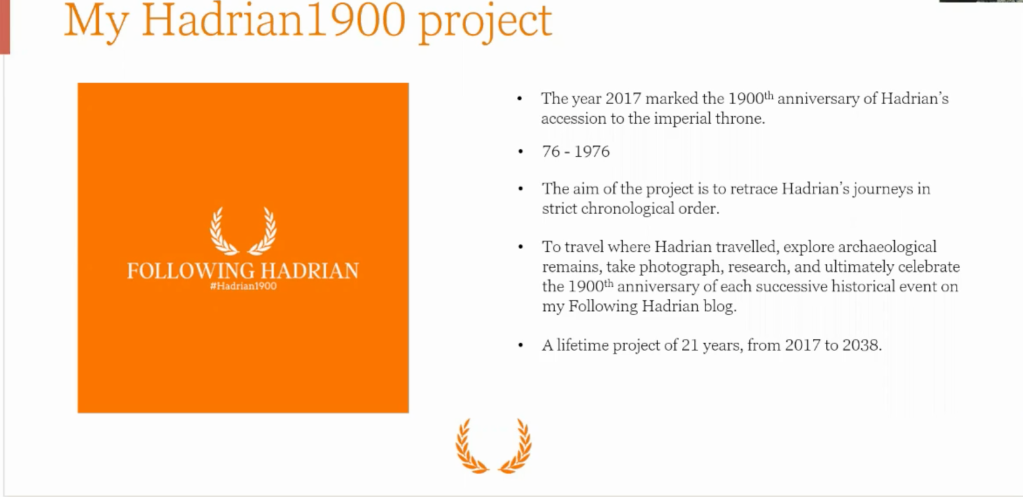
So far, Carole Raddato has photographed well over 1000 sites and museums focusing on the classical past. These include significant but less-visited archaeological areas outside of continental Europe, including Morocco, Tunisia, Algeria, Turkey (many hard-to-access sites in southern and eastern Anatolia), Israel, Jordan, Armenia, Egypt, Iran and Lebanon. One of Raddato’s most valuable contributions is photographing ephemeral exhibitions of antiquity; her lasting contribution to the contemporary study of classical antiquity is already secured.
“I usually try to use Hadrian’s journeys as a leading thread for my own adventures”, says Raddato. But starting in 2017—the 1900th anniversary of Hadrian’s accession as emperor—she decided to take it one step further. Carole Raddato has committed to a commemoration of Hadrian that will last for the length of his principate—21 years, from 2017 to 2038.
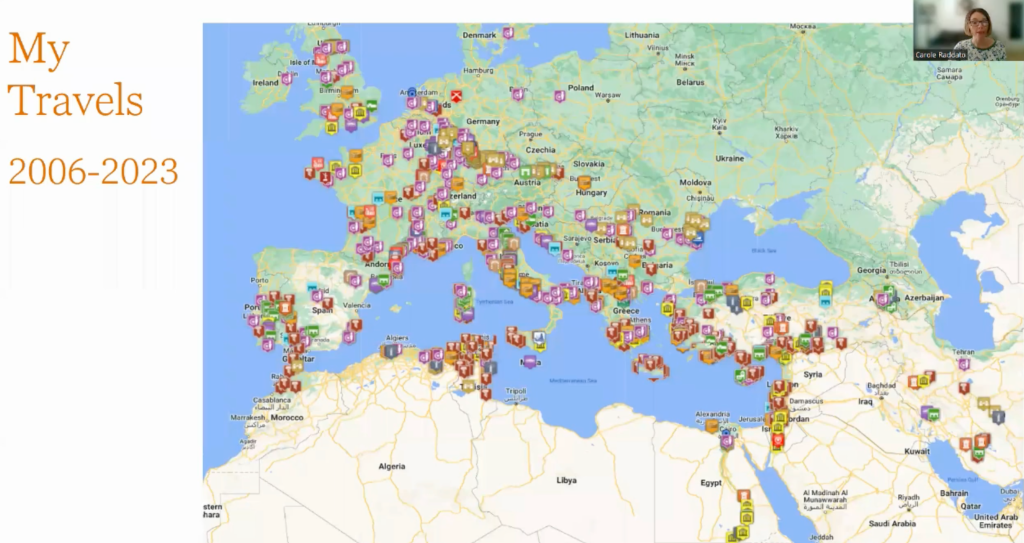
Her aim? “To try to follow Hadrian’s journeys according to the year they were undertaken.” She has already completed the journeys of the first six years of Hadrian’s reign (117-122 CE), excavating at Vindolanda in summer 2022 (next summer too).
When receiving the gift of Carole Raddato’s collection of photographs, the American Academy in Rome in its announcement counted it as “the most important collection of images of antiquity to come to the Academy since Ernest Nash’s Fototeca Unione was formed in 1956, and is the first to consist of photos taken wholly in the twenty-first century”.
For some samples of work, Raddato’s introductory page at the American Academy of Rome site is a good place to start. And of course, our online exhibition hosted by Rutgers University Libraries and curated by Jacqueline Giz ’23: https://following-hadrian.libraries.rutgers.edu
